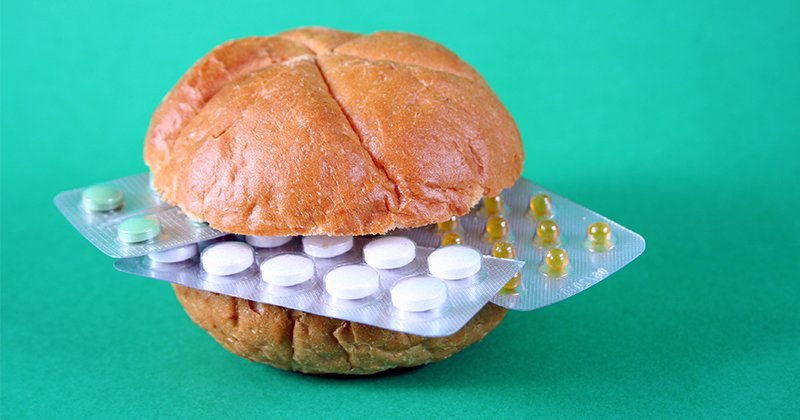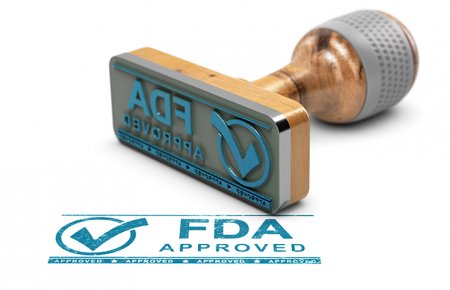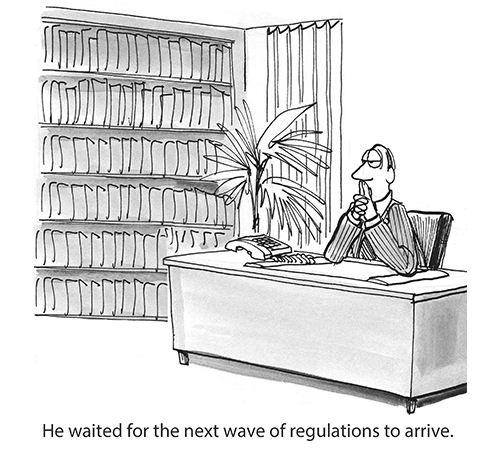SWLAW Blog | Job Talk

March 8, 2019
Job Talk: Consider a Career in Food and Drug Law
What is Food and Drug Law?
Food and Drug Administration law, or FDA law, is the body of law that regulates food, cosmetic, and drug manufacturing and sale in the United States. The goal of FDA law is to make food and drugs safe for public consumption. FDA law also exists to regulate how food and drug manufacturers maintain the rights to profit from their creations in a way that’s both fair to the company and the public. There is a full range of federal regulation of products subject to the jurisdiction of the Food and Drug Administration (FDA). These products include food, human prescription and nonprescription drugs, animal feed and drugs, biologics and blood products, medical devices, and cosmetics, which together comprise approximately 25% of the gross national product.
Often at issue are public policy choices underlying the substantive law, FDA enforcement power, and agency practice and procedure. Contemporary issues include:
- Protecting against unsafe or mislabeled food;
- Controlling carcinogens;
- Expediting approval of AIDS and cancer drugs;
- Assuring the safety of prescription drugs before and after marketing;
- Importing drugs from abroad;
- Switching drugs from prescription to nonprescription status;
- Balancing the benefits and risks of breast implants;
- The compassionate use of experimental products;
- Regulating complex new medical device technology;
- Control of biotechnology techniques such as gene therapy;
- Requiring adequate consumer and professional labeling for FDA-regulated products;
- The relationship between international, federal, and state regulatory requirements
What does a Food and Drug Lawyer do?
FDA lawyers practice in a variety of settings both public and private. FDA lawyers work in private practice advising private corporations how to comply with FDA regulations. Private practice lawyers also help clients litigate and attend regulatory hearings if conflicts arise. Many lawyers also work directly for the companies that make food and drugs. Lawyers who specialize in FDA law also work for the FDA itself. They investigate compliance and bring enforcement actions. FDA lawyers also work to create recommendations for lawmakers and compliance procedures to share public policy on issues surrounding FDA law. Private layers may also work in a lobbying capacity. Food and drug companies depend on lawyers to bring issues to the attention of lawmakers. Food and drug lobbyists help lawmakers understand why laws are flawed. They help their clients approach lawmakers to help them understand their position and advocate for desired outcomes.
Why work as a Food and Drug Lawyer?
Lawyers who work in FDA law have the opportunity to greatly influence the way Americans live. The policy decisions significantly impact the way that Americans test, market, and profit from foods and drugs. Whether a lawyer works for the FDA or on behalf of a company that makes foods or drugs, an FDA lawyer has great potential to make a lasting difference in national public policy. A career in FDA law can also be lucrative and stable for those who practice it. Large food and drug companies are often seeking compliance and help for enforcement actions on an ongoing basis. Food and drug companies are often large, meaning a steady book of business for lawyers who work in the field.
What classes do I take if I’m interested?
Courses in Administrative Law can prepare you for the type of hearings you will face in the future. Advanced Torts and Civil Pretrial Practice classes are also useful for learning discovery, depositions, and developing writing skills.

